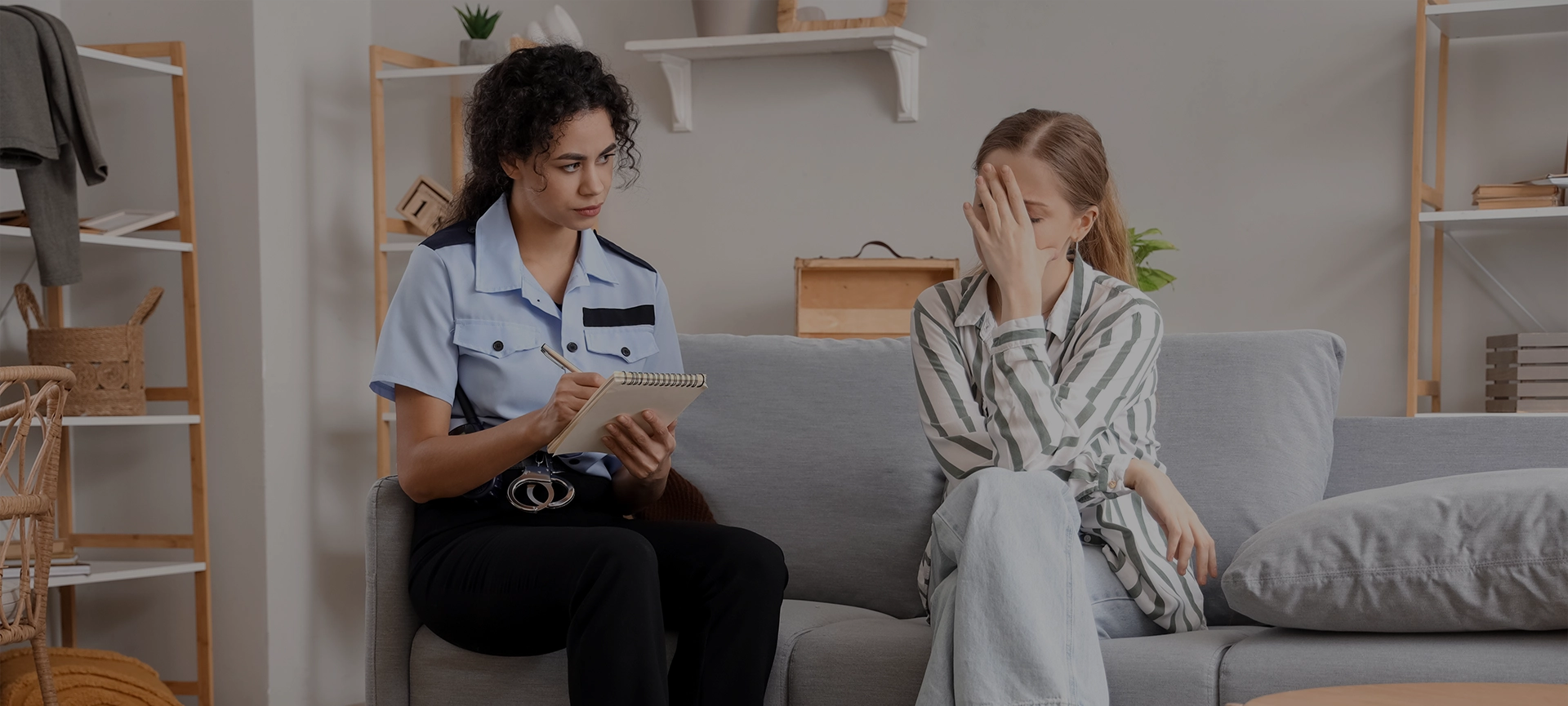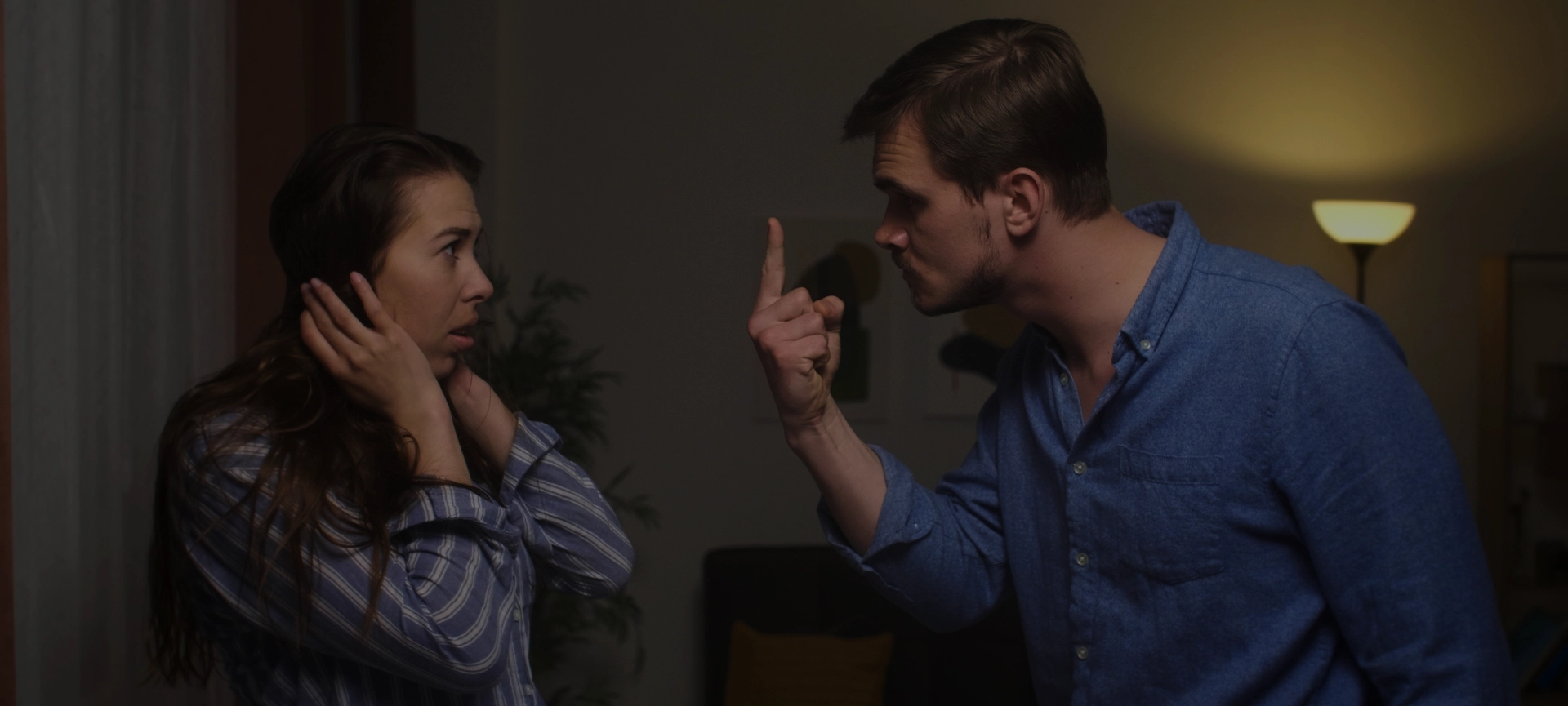It has been six months since the Liberal government’s self-described “toughest impaired driving rules throughout the world” officially became law. And while Bill C-46 may have a bland title, An 6 to amend the Criminal Code (offences relating to conveyances) and to make consequential amendments to other Acts, it represents a significant expansion of state power and contains a number of evidentiary short cuts that likely violate the Charter of Rights and Freedoms.
But it turns out that even the government is not quite sure about what their new bill actually does.
On July 6, 2019, the Justice Canada twitter account tweeted, “It’s summer time and the living is easy! Whether you’re sitting on a patio or having a backyard #BBQ, remember it’s against the #law to have a blood alcohol concentration over prohibited levels within two hours of driving. Know the limits”.
The tweet was quickly deleted and Justice Canada tried to shift the focus away from the bizarre implications of their law.
But Justice Canada’s embarrassment and confusion about their own law has sparked a number of questions about what the limit and scope of the police power when it comes to impaired driving. Can you really be arrested for having a couple beer at a barbecue?

Sometimes it is hard to tell fact from fiction from government spin, but when it is your life and reputation on the line you need the straight answers.
Well, we heard your questions and we have answers!
Is it an offence to be over the blood alcohol limit or impaired AFTER driving?
The short answer is yes. It used to be an offence to be impaired while in care and control of a motor vehicle. The new law makes it an offence to be impaired or over the legal blood alcohol limit within two hours AFTER driving.
But will I be charge with a criminal offence if was sober when I drove but had a few beers at a barbeque?
If the police have a reasonable suspicion that you had alcohol in your body when you drove (in the last hours) they can demand a roadside breath test. If you don’t pass the test then yes, you can be arrest and brought to the police station. And if you blow over the legal limit at the police station you will be charged with a criminal offence. Even if you were stone cold sober when you drove.
But if I was driving more than two hours before the police question me they can’t arrest me, right?
If the police have reasonable grounds, which is a higher standard than reasonable suspicion, that you drove while impaired by alcohol at any time, even days before, they can arrest you and force you to provide a breath sample. Even if you blow under the legal limit the evidentiary short cuts in the new law will allow the police to automatically read-up you blood alcohol level by an additional 5mg of alcohol in 100 mL of blood for every interval of 30 minutes in excess of those two hours since driving – even if this would result in an absurd and fatal blood-alcohol level.
But that will never happen right. This is just a far-fetched hypothetical – right?
We wish! A woman in British Columbia was arrested in this exact situation. It can, and has happened.
Can I refuse to provide a breath sample?
If you refuse to provide a breath sample then you will be charged with failure to provide a breath sample. The consequences of this are the same as a conviction for drunk driving. You can argue in court that the police did not have the grounds to demand a sample in the first place – but do you want to roll those dice?
So, if I do provide a sample and I get charged but I was completely sober while driving what can I do?
You will need to fight the charge in court. Unfortunately, this is where we come in. We will need to show that you did not expect the police to ask for a sample, and provide evidence about your drinking pattern, and call expert toxicological evidence to match your drinking pattern with your blood alcohol readings.
Is that constitutional?
No, it is not. And AGP partner Michael Spratt testified at the Justice committee he told them that. Give us a call if you want to help challenge this unfair and unconstitutional law.
So, what was Justice Canada’s “correction” tweet all about?
Justice Canada’s ‘corrected’ tweet has nothing to do with backyard drinking. They are talking about the fact that police can now demand a breath sample from anyone driving a car, for any reason, even if the police don’t have any suspicion you consumed any alcohol. This is a whole other mess. But, Michael Spratt wrote about this at the Ottawa Citizen and you can read all about it there.

Can you help with my impaired driving case?
Of course, we can! The lawyers at AGP have lots of experience with these types of cases. If you have been charged in Ottawa or anywhere in Eastern Ontario give us a call. And for the right case we will appear anywhere in Ontario. Initial consultations are confidential and always free.



